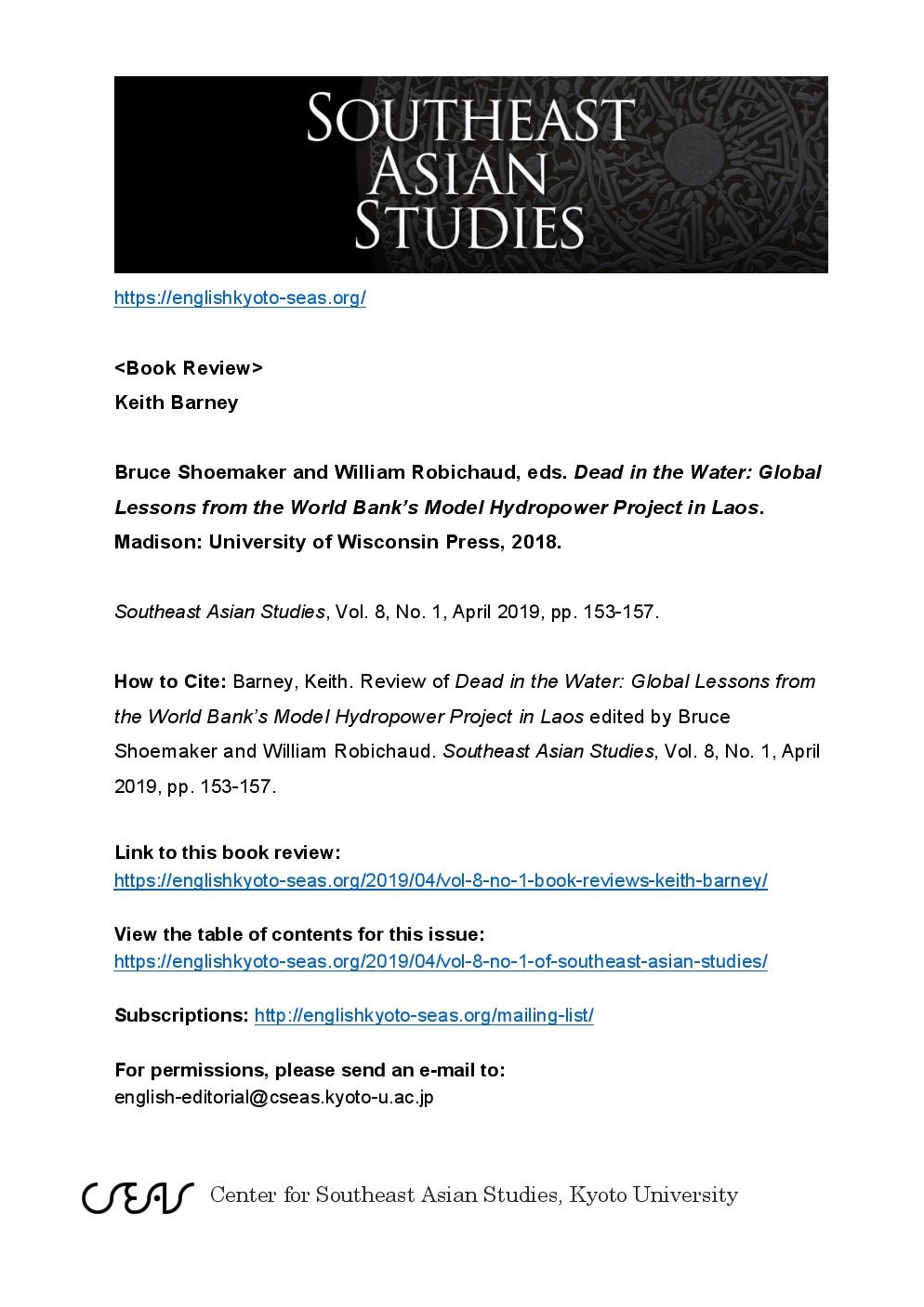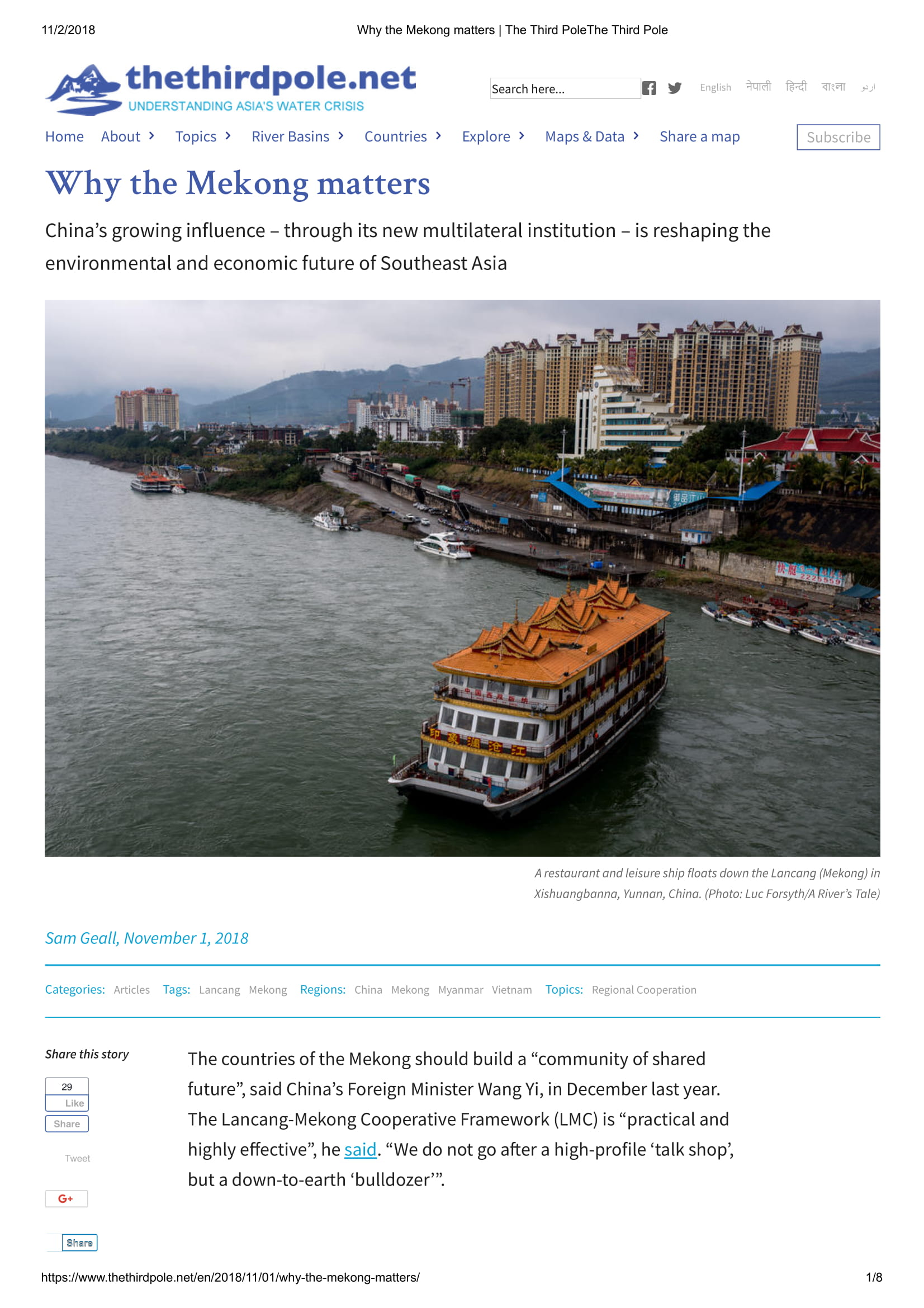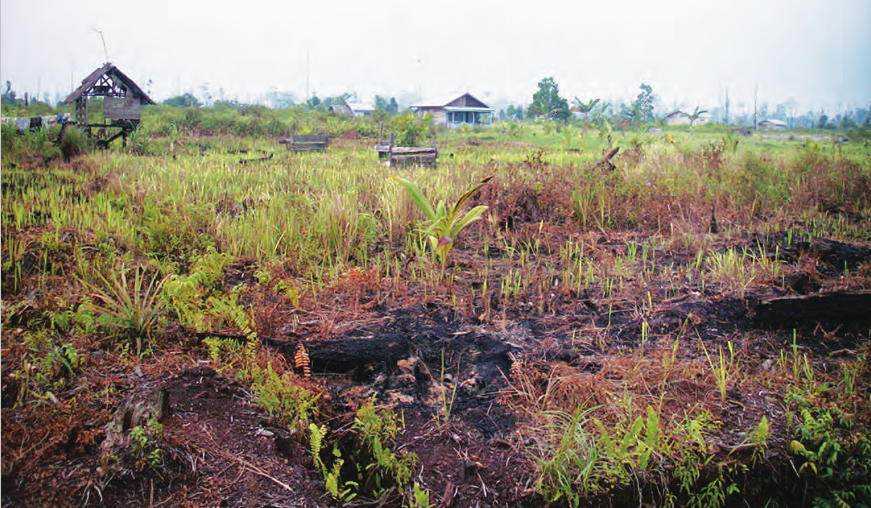IN THE NEWS: REDISCOVERING THE WATER-FOOD-ENERGY NEXUS
/IN THE NEWS
By Jeremy Allouche [STEPS Centre, 10 April 2019]
A few months ago, I presented the findings of a new book, The Water-Food-Energy Nexus: Power, Politics and Justice, to an International Water Association conference on the same topic at Salerno. To my great surprise, I was the only social scientist out of 200 participants.
Nexus approaches help to bridge the separate domains of water, energy and food to highlight the links and interactions between them. For example, hydroelectric dams are obviously sources of energy, but they need (and use) water for it, with knock-on effects for food – changing the conditions for irrigation, fishing or groundwater – in the areas where they operate. So, anyone responsible for large projects, including in developing countries, can use the Nexus to make decisions and think through what problems or synergies they might create.
So for many engineers and environmental economists, who made up most of the audience, the Nexus is an exciting new idea. It presents them with the practical challenge of modelling ever more complexity and interactions between the resources they work with. In fact, the Nexus is becoming so engineering-dominated that our new book is sold on Amazon under the topic of civil engineering!
Read more at this link here.
Jeremy Allouche, Dipak Gyawali, and Carl Middleton of CSDS are the co-authors of the book “The Water-Food-Energy Nexus”. More information about this book can be read here.























